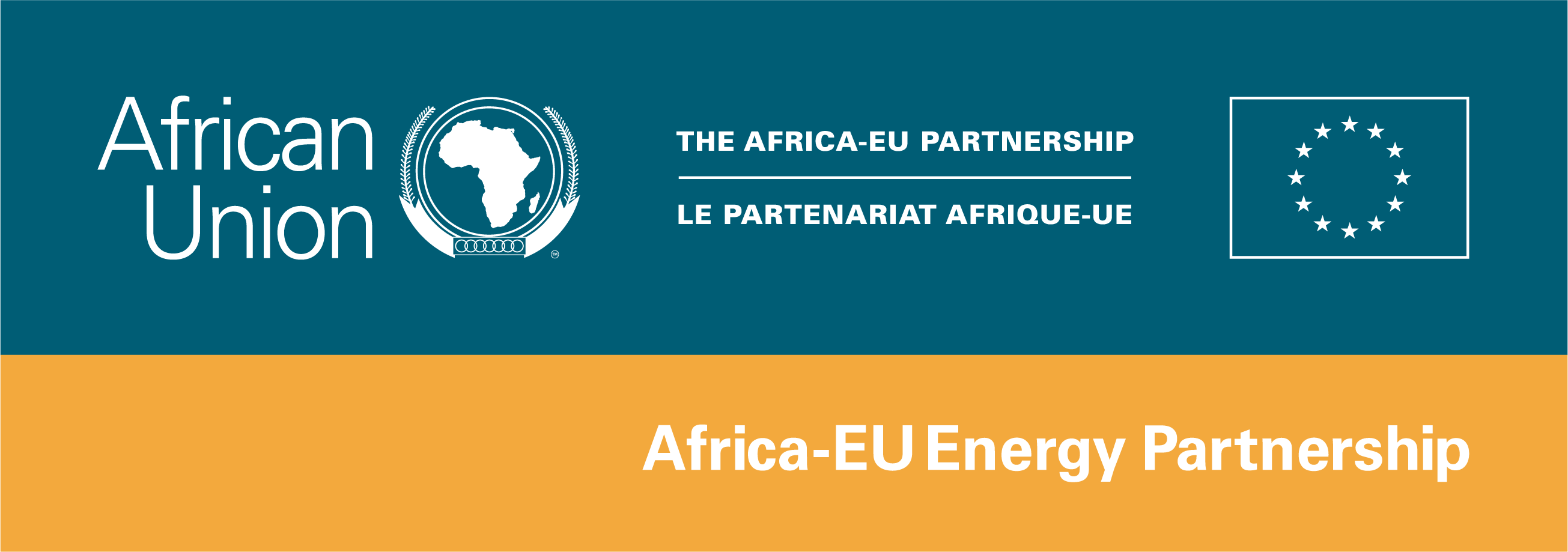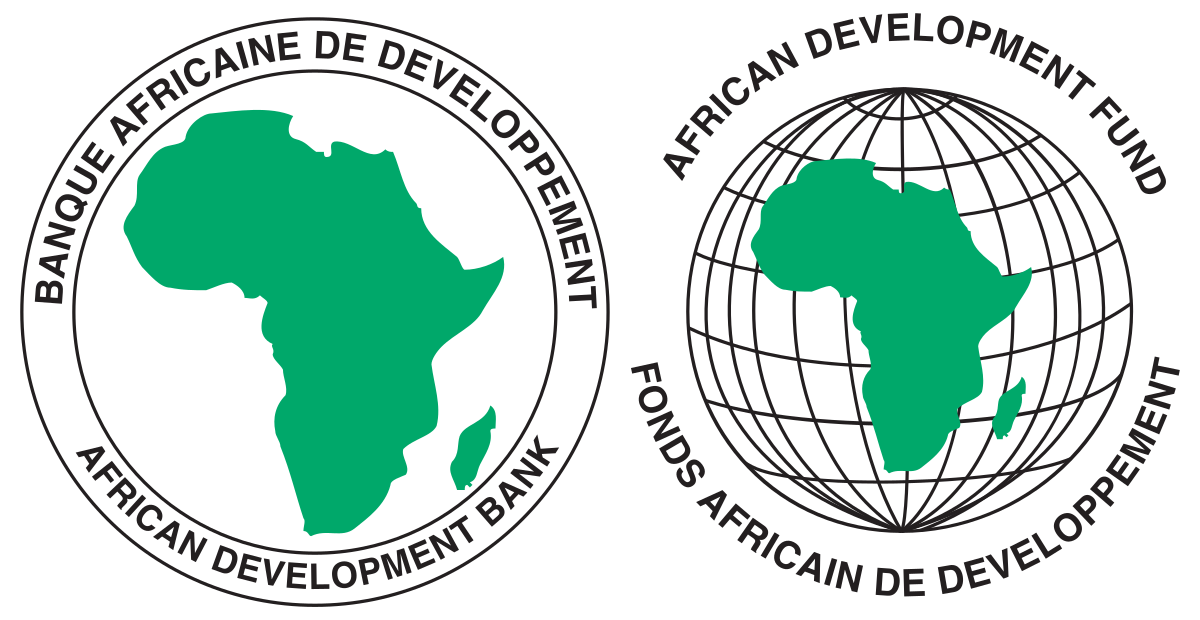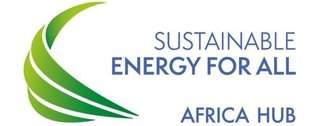Investments in the energy sector have been identified as a priority by many African governments, regional organisations, Pan-African organisations as well as the international donor community. As a result, numerous initiatives have been launched with the common goal to support the continent in achieving a sustainable energy future. While this represents a very welcome development, it has also led to an increasing need for exchange and coordination across the growing number of initiatives and programmes in the sector.
This has been articulated on a number of occasions, including strategic meetings organised within the framework of the AEEP, such as at the SE4ALL Forum in New York in May 2015, the Vienna Energy Forum in June 2015, the Third International Conference on Financing for Development held in Addis Ababa in July 2015 as well as at the South Africa International Renewable Energy Conference (SAIREC) in Cape Town in October 2015.

SE4ALL Forum in New York in May 2015. Photo by IISD
The need for coordination was also echoed in a report commissioned by the German Federal Ministry of Economic Cooperation and Development on “The Future of Africa’s Energy Supply” in 2016. In this context, the AEEP Secretariat was requested to provide a platform for discussing the harmonisation of international activities in support of Africa’s energy sector development. These discussions were considered particularly important in the run-up to the Conference of Parties (COP) 21 in Paris in December 2015. The final event of the consultative series hence took place in the Africa pavilion at the COP21. To facilitate such coordination efforts, stakeholders further agreed that it was essential to create a knowledge base on existing energy initiatives and programmes in Africa. This represented a necessary basis for effective coordination to take place.

2015 Vienna Energy Forum. Source: AEEP
Moreover, this was echoed by the African Ministerial Conference on the Environment (AMCEN) Bureau and the G7 process in the context of the Africa Renewable Energy Initiative (AREI) as well as by the G20 Energy Sustainability Working Group (ESWG) under the Turkish Presidency, acknowledging that there is a wide variety of information available on the topic, however, not a one-stop source to obtain a comprehensive overview. During the consultations, major stakeholders identified the mapping of existing initiatives and programs as the critical initial activity in this regard.
The MMEIPA mapping exercise is an input to the proposed pan-African coordination effort and contributes to increased coherence, efficiency and effectiveness of support provided by development partners. The AEEP was requested by stakeholders to support the development of the mapping study. The exercise has been advanced by the AEEP with funding from the GET.Pro programme, in the context of existing cooperation between Europe and Africa on energy issues of mutual and strategic importance. The AUC is providing the political leadership, with technical input from the AFREC and other African stakeholders involved in the energy sector.





